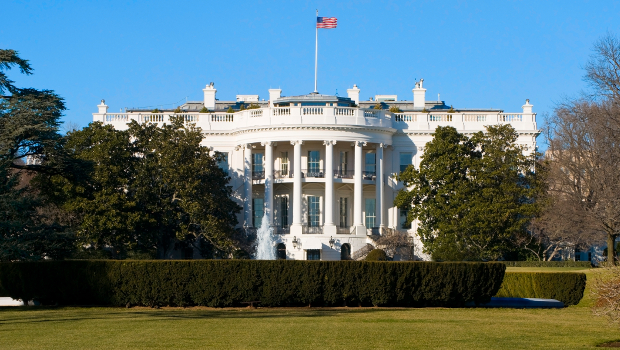 Now that the US elections are over, it’s safe to say that the UK is no longer the winner of the most unexpected and unpredictable election result in 2016. With the elevation of Donald Trump to the presidency of the US and honorary ‘leader of the free world’, the people across the Atlantic have most definitely chosen to take the road less travelled.
Now that the US elections are over, it’s safe to say that the UK is no longer the winner of the most unexpected and unpredictable election result in 2016. With the elevation of Donald Trump to the presidency of the US and honorary ‘leader of the free world’, the people across the Atlantic have most definitely chosen to take the road less travelled.
Trump’s ascension has, for the most part, been greeted negatively by most external observers – and quite a few internal commentators aren’t exactly overjoyed either.
But what does it mean for Ireland? The prognosis for the Irish economy has changed markedly since the EU referendum vote in the UK in June. While much has been written about the UK facing a period of significant turmoil as it seeks to negotiate the terms of Brexit with the EU over the next two-and-a-half years or so and navigate its own path in a post-EU future, many expect Ireland to face a similar level of disruption because of its close trading links with the UK.
In Washington, Trump faces his own upheavals if he keeps his promise to overturn existing trade deals and abandon those currently in the works. Many in the Republican party believe strongly in the free trade that, for the most part, caused so much of the offshoring and de-industrialisation which created the conditions leading people to vote for Trump in the first place. Trump, himself, has not been slow to take advantage of those trends for his businesses.
There are suggestions that his intention to revamp the USA’s trading relations with the rest of the world could present an opportunity for the UK as it will also be in the process of doing something similar. Trump has already said that the UK would not go to the back of the queue for trade deals after Brexit – unlike his predecessor Barack Obama.
Status seeking
If the UK (along with Russia) is being singled out for special status in Trumpistan, over here in Ireland there are concerns that our ‘special’ status will be much more uncomfortable. Trump’s plans to incentivise US companies to report their profits in the US by reducing corporation tax from 35% to 15% could have serious implications for Ireland’s ability to attract and retain those businesses with its own low corporation tax rate.
One of Trump’s senior economic advisors, Stephen Moore, has already claimed, in an interview with BBC Radio 4, that “a flood of companies” will leave Ireland when the new low US corporation tax rate is implemented, adding “and they’re going to come back to the United States”. If so, they could take a lot of their jobs with them when they do.
What can Ireland do about it? When it comes to the US multinationals, while the shift in US corporation tax could be damaging, it doesn’t have to be terminal. For a start, if Brexit does happen, Ireland will be the only English-speaking nation in the EU (aside from Malta). It’s only natural that many US multinationals seeking a base for their European operations will be more comfortable situating themselves in an English-speaking country.
Another massive benefit Ireland can provide, compared to many EU countries, is its very high proportion of highly educated young people. Those young people are a resource that Ireland needs to promote more aggressively. The Irish government has been guilty of underplaying some of the country’s strengths to date because of its over-emphasis on the low corporate tax regime but if Trump goes ahead with his plans, it will need to change its tune and focus on other areas.
Another unexpected benefit is that if US multinationals do reduce their presence, it will make it easier for indigenous companies and start-ups to recruit Irish employees to their businesses. This will be a blessing for companies that have, until now, struggled to find staff because skilled workers have been hoovered up by the US giants.
This was something touched upon by Irish entrepreneur Jerry Kennelly recently at the Irish Times Innovation Awards when he stated: “Every small start-up must compete against Google, Facebook and others for software developers. This imbalance has hugely unintended consequences on the indigenous entrepreneurs as they seek to build their businesses alongside the giants. For the past five years at least, thousands of software engineering jobs have gone unfilled in Ireland as the giants suck up all the available talent like a giant factory ship. That talent isn’t being used for real software development; most of it is being used for sales and support. The bottom line is that our competitive position as a nation is being seriously eroded by the failure to address this imbalance.”
How ironic if, despite all the gloomy forecasts, a combination of Trump and Brexit helped to improve Ireland’s competitive position as a nation.








Subscribers 0
Fans 0
Followers 0
Followers